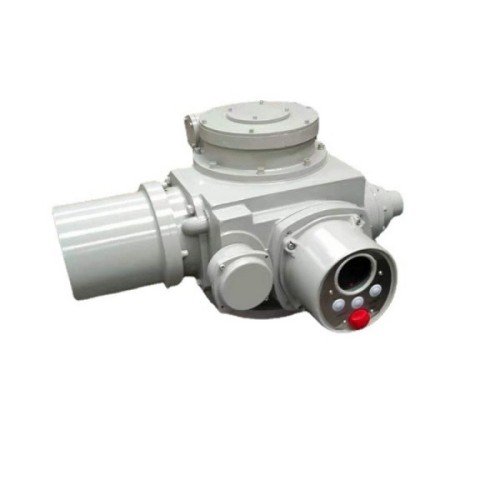Exploring the Uses and Benefits of Plastic Check Valves in Various Applications
Understanding Plastic Check Valves Importance, Types, and Applications
Plastic check valves are critical components in various fluid handling systems, offering a lightweight and corrosion-resistant option for controlling fluid flow. They serve to prevent backflow, ensuring that liquids or gases flow in one direction, thereby safeguarding equipment and maintaining system efficiency. In this article, we will delve into the significance of plastic check valves, the different types available, and their diverse applications.
Importance of Plastic Check Valves
The primary function of a check valve is to allow fluid to flow in only one direction, preventing backflow which can cause damage, contamination, or inefficiencies in systems. Plastic check valves are particularly important in applications where metal valves may corrode or be damaged by harsh chemicals. The non-corrosive nature of plastic materials like PVC, CPVC, or polypropylene makes these valves ideal for use in chemical processing, water treatment, and other environments involving aggressive fluids.
Additionally, plastic check valves are lightweight compared to their metal counterparts, which simplifies installation and reduces the overall weight of the system. They also tend to be more cost-effective, making them a popular choice in both industrial and residential applications.
Types of Plastic Check Valves
There are several types of plastic check valves, each designed for specific applications and performance requirements
. The most common types include1. Swing Check Valves These valves have a hinged disc that swings open with the flow of fluid and closes when the flow reverses. They are simple in design and effective for preventing backflow, making them suitable for large pipes in various industries.
2. Lift Check Valves Unlike swing check valves, lift check valves have a movable disc that rises or lifts off its seat when fluid flows in the forward direction. They offer a tighter seal compared to swing check valves and are well-suited for applications with specific pressure requirements.
3. Spring-Loaded Check Valves These valves utilize a spring mechanism to close the valve when backflow is detected. They provide a more precise control over flow direction and can be used in low-pressure applications, making them versatile for different fluid handling scenarios.
plastic check valve

4. Ball Check Valves This type of valve uses a ball that seats against a rubber or plastic disk when backflow occurs. They are commonly found in smaller diameter pipes and are effective in preventing backflow due to their reliable sealing mechanism.
Applications of Plastic Check Valves
Plastic check valves are utilized across a range of industries due to their versatility and reliability. Some of the most common applications include
- Water Treatment Facilities These valves help maintain the flow of treated water and prevent contamination from backflow, ensuring a clean and safe water supply.
- Chemical Processing In industries dealing with corrosive substances, plastic check valves provide superior resistance to harsh chemicals, safeguarding processing equipment and ensuring operational efficiency.
- Irrigation Systems Plastic check valves are essential in irrigation to prevent backflow into the water supply, which can lead to contamination and inefficiencies in water distribution.
- Aquaculture They are crucial in aquaculture systems to maintain proper water flow and prevent contamination, ensuring a healthy environment for aquatic life.
- HVAC Systems Check valves are used in heating, ventilation, and air conditioning systems to ensure proper air and fluid flow, contributing to system efficiency and longevity.
Conclusion
Plastic check valves represent an essential component in many fluid systems, providing effective backflow prevention, resistance to corrosion, and cost efficiency. With various types available to suit different application needs, these valves are integral in industries ranging from chemical processing to aquaculture. Their lightweight nature and durability continue to make them a preferred choice for engineers and designers looking to optimize fluid management systems. As industries evolve and the demand for durable and efficient components increases, the role of plastic check valves will remain crucial in ensuring operational integrity and efficiency.
-
The Key to Fluid Control: Exploring the Advantages of Ball Valves in Industrial SystemsNewsJul.09,2025
-
The Versatile World of 1, 2, and 3 Piece Ball ValvesNewsJul.09,2025
-
Stainless Steel Ball Valves: The Ideal Choice for Efficient Flow ControlNewsJul.09,2025
-
Optimizing Fluid Control with Ball Float ValvesNewsJul.09,2025
-
Manual Gate Valves: Essential for Control and EfficiencyNewsJul.09,2025
-
Everything You Need to Know About Butterfly ValvesNewsJul.09,2025
-
The Versatility of Wafer Type Butterfly ValvesNewsJul.08,2025




